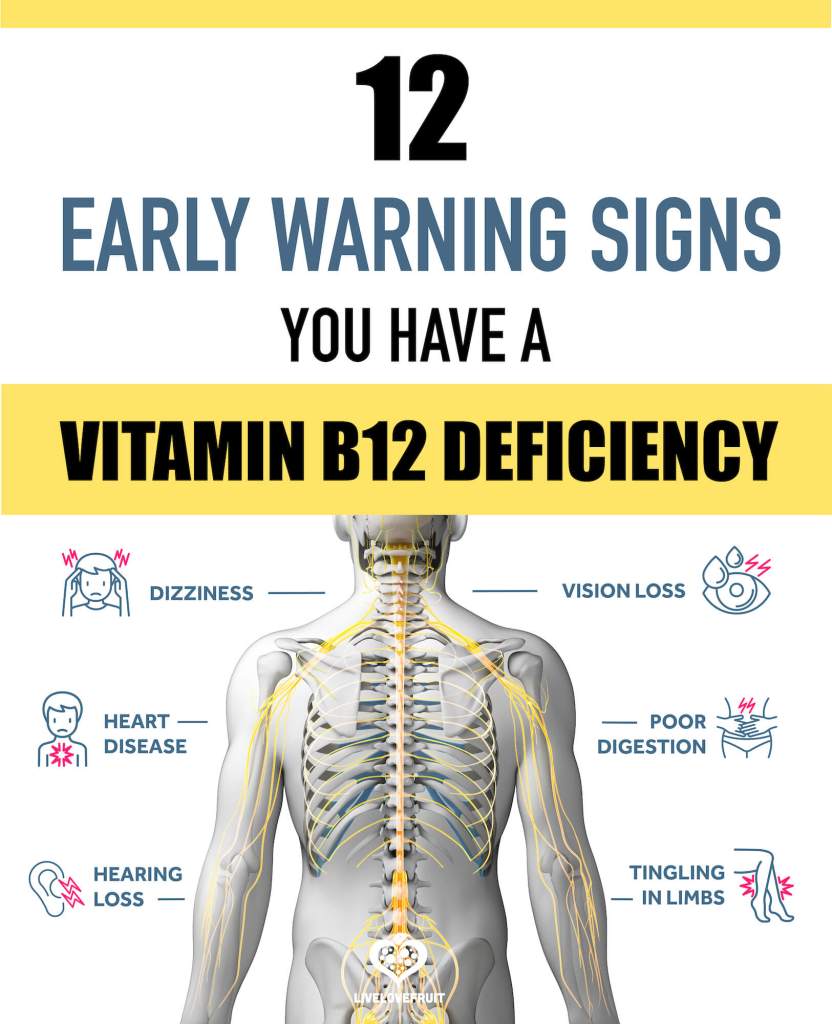
Vitamin B12 deficiency is a common issue among older adults and can lead to various health problems if left untreated. There are several reasons why older individuals may face difficulties with vitamin B12 absorption, leading to deficiency. Here are some of the challenges faced by older adults regarding vitamin B12:
- Decreased Stomach Acid Production: With age, the stomach often produces less hydrochloric acid, which is necessary for releasing vitamin B12 from the protein in food. Inadequate stomach acid can hinder the absorption of vitamin B12 from food sources, even if the diet contains sufficient amounts.
- Reduced Intrinsic Factor Production: Intrinsic factor is a protein produced by the stomach lining that binds to vitamin B12 and facilitates its absorption in the small intestine. In older adults, intrinsic factor production may decline, impairing the absorption of vitamin B12.
- Gastrointestinal Disorders: Certain gastrointestinal disorders, such as atrophic gastritis or pernicious anemia, can affect the production of stomach acid or intrinsic factor. These conditions are more prevalent among older adults and can contribute to vitamin B12 deficiency.
- Medications: Some medications commonly used by older adults, such as proton pump inhibitors (PPIs) or histamine-2 receptor antagonists (H2 blockers) for acid reflux or ulcers, can interfere with stomach acid production. As a result, the absorption of vitamin B12 may be compromised.
- Dietary Factors: Older adults may have dietary habits that contribute to vitamin B12 deficiency. Many individuals rely on limited food choices, which may lack sources of vitamin B12, such as meat, fish, eggs, and dairy products. Additionally, some older adults may have difficulties chewing or swallowing, making it challenging to consume foods rich in vitamin B12.
The consequences of vitamin B12 deficiency can be significant, leading to symptoms such as fatigue, weakness, anemia, memory problems, neurological impairments, and mood disturbances. Untreated vitamin B12 deficiency can result in irreversible neurological damage.
To address vitamin B12 deficiency in older adults, healthcare providers may recommend the following:
- Dietary Modifications: Encouraging a diet rich in vitamin B12 sources or recommending fortified foods and supplements can help meet the individual’s nutritional needs.
- Vitamin B12 Supplementation: Depending on the severity of the deficiency, oral or intramuscular vitamin B12 supplementation may be necessary to restore and maintain adequate vitamin B12 levels.
- Regular Monitoring: Healthcare providers should regularly monitor vitamin B12 levels in older adults, especially those at a higher risk of deficiency or experiencing symptoms. Monitoring can help detect deficiencies early and initiate appropriate interventions.
In summary, vitamin B12 deficiency is a common concern among older adults due to age-related changes in the digestive system, decreased stomach acid and intrinsic factor production, gastrointestinal disorders, medications, and dietary factors. Recognizing these challenges and implementing appropriate interventions can help prevent and address vitamin B12 deficiency, promoting better health outcomes for older individuals.